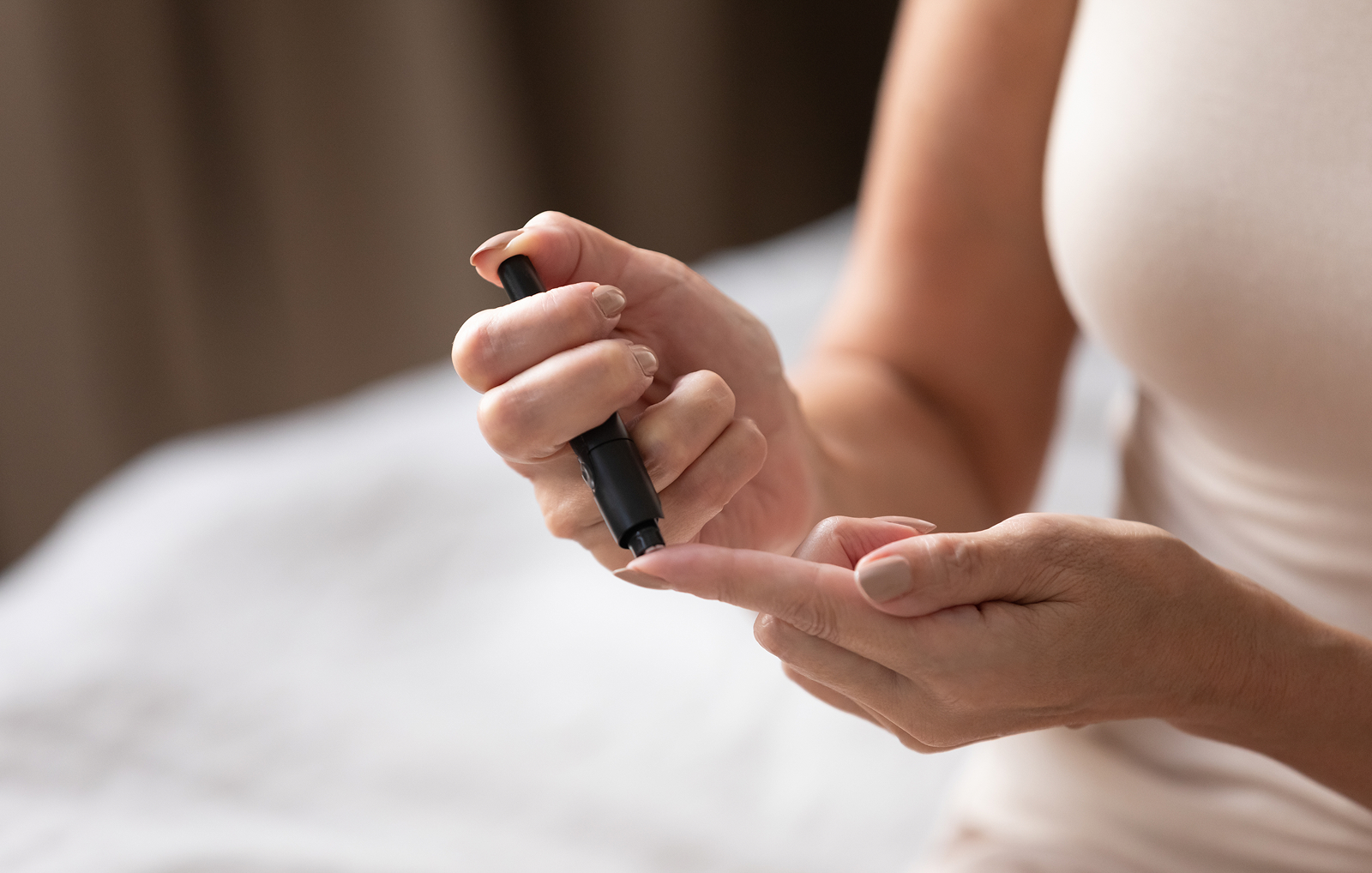
If you have both conditions, it’s important to manage them together. The good news is that many of the steps you take to control diabetes will also help protect your kidneys, and vice versa. This is the case for both type 1 and type 2 diabetes.
When blood sugar levels stay high over time, this can damage the small blood vessels in the kidneys. This makes it harder for your kidneys to filter waste properly.
At the same time, if your kidneys aren’t working well, it becomes harder for your body to manage blood sugar and blood pressure. This can create a cycle where one condition affects the other.
Having both conditions increases your risk of:
That’s why regular check-ups and day-to-day monitoring are so important.
The goal is to keep your blood sugar, blood pressure and cholesterol within target ranges. You can do this by:
If you notice changes, speak to your GP, nurse or diabetes team. Catching problems early can help keep both conditions under control.
Disclaimer
This article is for educational purposes only and should not be used as a substitute for medical advice. Always speak to your doctor, nurse or pharmacist about your individual care. The information reflects NHS and NICE guidance at the time of publication.